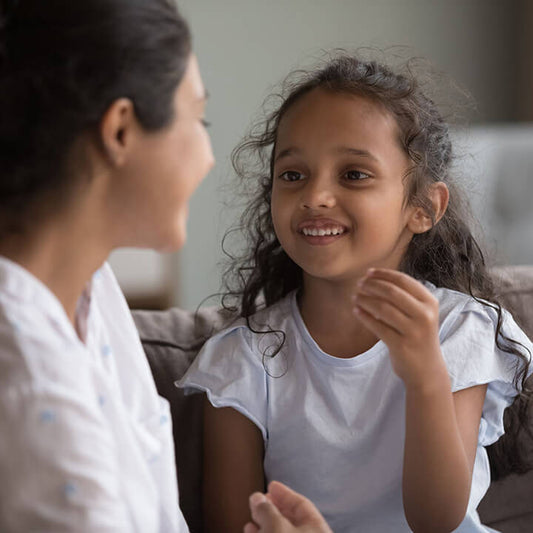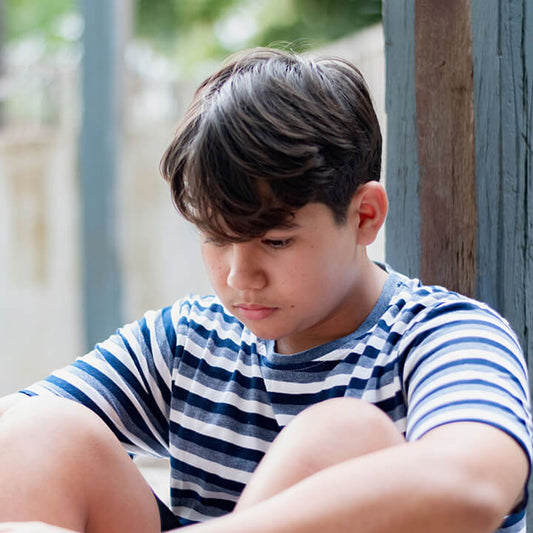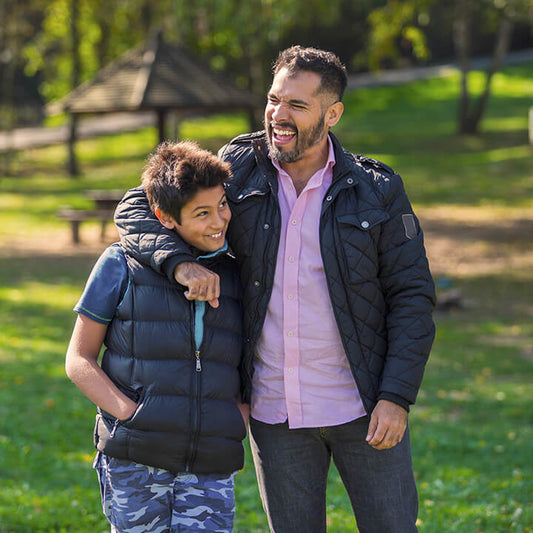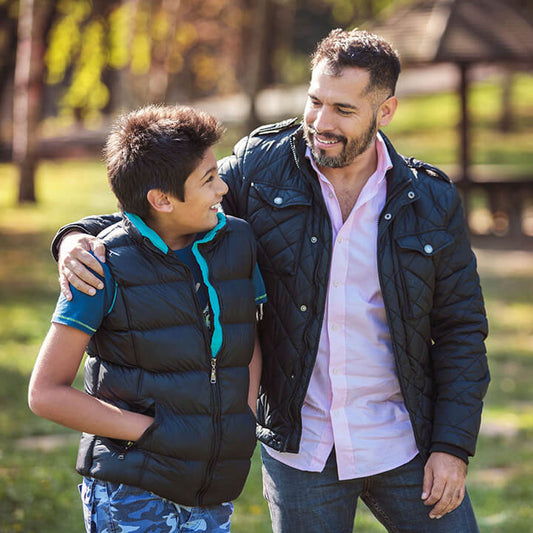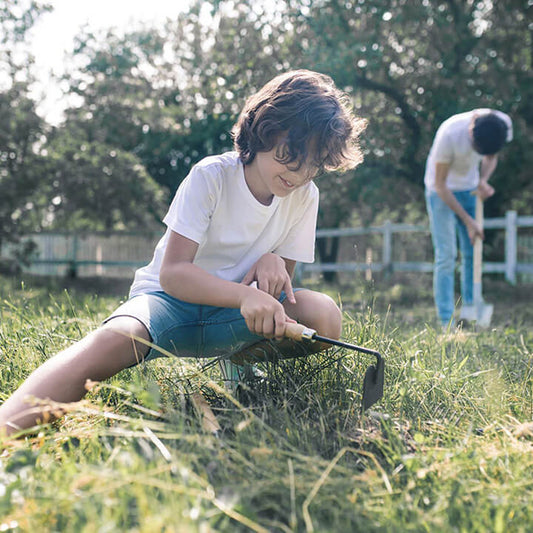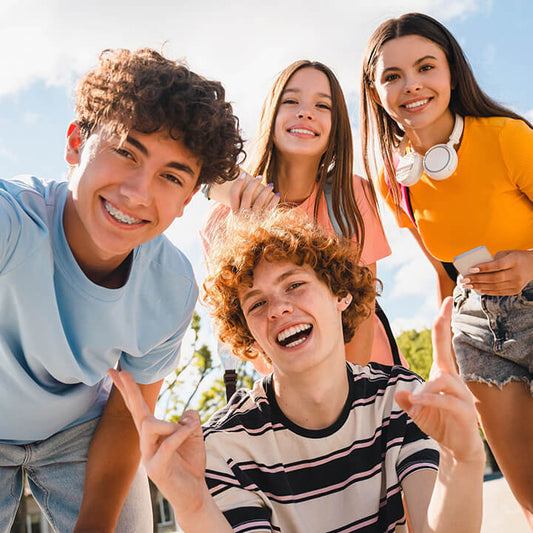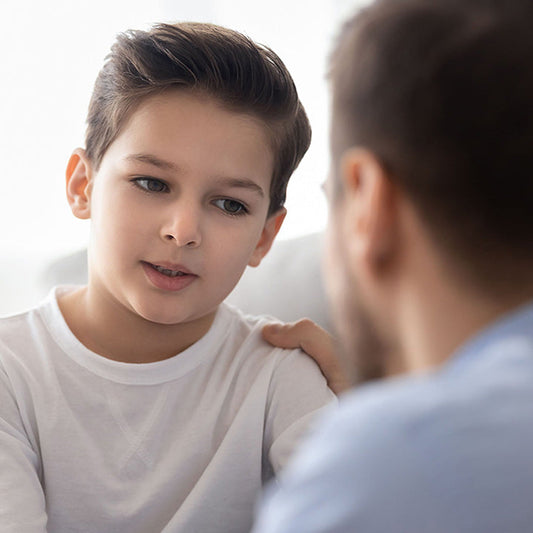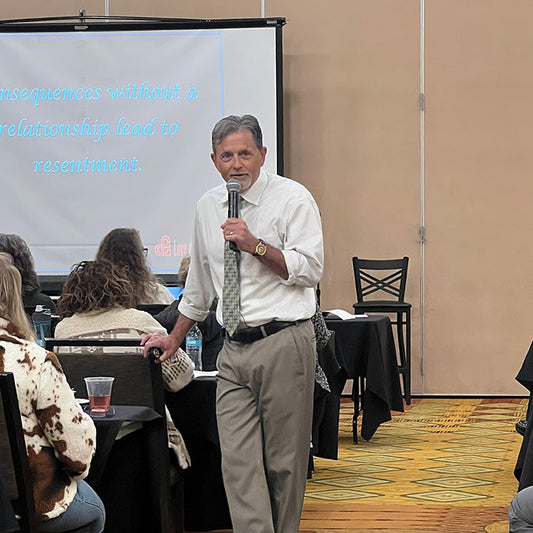Thanksgiving is a time for giving thanks and expressing our gratitude for positive things in our lives. At this time of year, parents often encourage their kids to express gratitude by explaining that it is the polite thing to do. However, learning to give thanks throughout the year is perhaps just as important for many reasons.
The science behind gratitude
Researchers have learned that practicing gratitude can be more than just a polite duty, it is also good for our mental health. Studies have shown that practicing gratitude can reduce stress, anxiety, and depression. In addition, it can also increase happiness.
As we express gratitude, our brains notice more things to feel thankful about. In other words, when we make efforts to focus on certain things, our brains will notice those things more! On the other side of the coin, this principle also applies if we focus on negative things.
What we focus on shapes our mindset
Some research has shown that when we continuously notice and complain about the things which cause us discontent, we train our brains to notice more of those things, and to feel worse about them. If we focus on complaining, we will wire our brains to find more things to complain about, causing us to feel worse. If we focus on gratitude instead, we can wire our brains to notice more things to feel thankful about and feel better.
At Love and Logic, we say that we have control over what we focus our attention on or what we notice more. We might not be able to control events, but we can control our attitude toward those events.
Modeling gratitude for our kids
Parents modeling an attitude of gratitude can greatly benefit the overall mental health of their children. Kids learn much more by noticing how their parents act rather than by listening to their parents’ lectures. If kids regularly hear us expressing gratitude for our many blessings, including expressing sincere thankfulness for them, they will learn to express genuine gratitude themselves. And everyone’s brains will benefit!
If you’d like more ways to help your kids build resilience and gratitude, check out Raising Mentally Strong Kids—a practical Love and Logic guide for nurturing confident, emotionally strong children.
We hope that all of you enjoy a wonderful Thanksgiving with your families!
Thanks for reading!






















